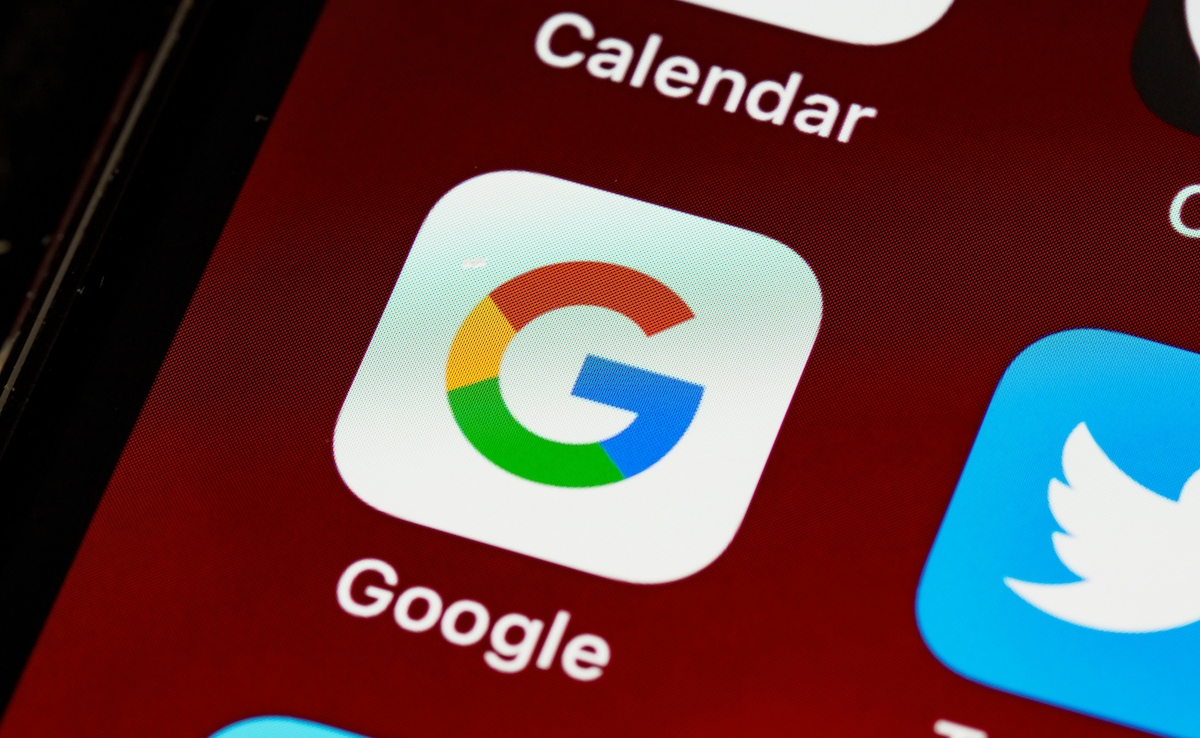Millions of Google Chrome users who utilized Incognito mode felt their privacy was breached. A 2020 class-action lawsuit ignited a firestorm, culminating in a December 2023 settlement that requires Google to delete vast amounts of data and improve user transparency. Let’s delve deeper into this landmark case and its implications for online privacy.
Unveiling the Allegations: How Did Incognito Mode Fail Users?
The lawsuit centered around the claim that Google’s Incognito mode wasn’t as private as users believed. Plaintiffs argued that Google, through analytics, cookies, and its apps, continued to track user activity even in Incognito mode. This allegedly allowed Google to amass a comprehensive profile of users, including details about their:

- Friends and family
- Food preferences
- Hobbies and interests
- Shopping habits
- Sensitive online searches
Essentially, the lawsuit painted a picture of Google as an “unaccountable trove of information,” raising serious concerns about user privacy.
The Settlement Reached: What Does it Entail?
While Google avoided a potential $5 billion payout or $5,000 per user, the settlement entails significant changes:
Data Deletion: Google agreed to delete “billions of data points” collected during the disputed Incognito mode practices. This signifies a commitment to user privacy and data protection.
Enhanced Disclosures: The settlement mandates clearer explanations of Incognito mode’s limitations. Users will have a more comprehensive understanding of what Incognito mode protects and what data might still be accessible.
Blocking Third-Party Cookies: A significant step towards user privacy, Google will configure Chrome to automatically block third-party cookies by default within Incognito mode for the next five years. This aligns with their broader plan to phase out third-party cookies entirely by the end of 2024.
Beyond the Settlement: A Look at the Bigger Picture
This lawsuit and settlement highlight the ever-evolving landscape of online privacy. Here’s what it means for the future:
User Privacy Takes Center Stage: The case underscores the growing importance of user privacy in the digital age. Consumers are demanding greater control over their data and expecting companies to be transparent about data collection practices.
Shifting the Focus to Alternatives: With third-party cookies on their way out, Google and other players will need to explore alternative methods for targeted advertising that respect user privacy.
Potential for Individual Lawsuits: While the settlement doesn’t offer financial compensation to the plaintiff group, it opens the door for individual users in California to pursue legal action against Google for potential privacy violations.
Google’s Preemptive Moves: Addressing Privacy Concerns
It’s worth noting that Google had already begun addressing privacy concerns before the settlement. Chrome Canary, a testing version of the browser, recently updated its Incognito mode disclaimer. The new wording explicitly clarifies that Incognito mode doesn’t prevent data collection by websites and their associated services, including Google itself. This transparency is a positive step towards responsible data practices.
What Does the Future Hold?
The Incognito mode lawsuit serves as a wake-up call for the tech industry. Consumers are increasingly demanding privacy-focused solutions. As Google and other companies navigate a future with limited third-party cookies, innovation and user trust will be paramount.
FAQs
Q: Does Incognito mode truly offer complete privacy?
A: No. The settlement and Google’s updated disclaimer clarify that Incognito mode primarily protects your browsing history from being saved on your device. Websites and associated services, including Google, can still potentially collect data during your browsing session.
Q: What are third-party cookies?
A: Third-party cookies are small data files placed on your device by websites you visit. These cookies track your browsing behavior across various sites, allowing advertisers to target you with personalized ads.
Q: What alternatives are there to third-party cookies for targeted advertising?
A: The industry is exploring alternatives like contextual targeting, which uses the content of a webpage to determine ad placement, and first-party data, which websites collect directly from users who opt-in.




